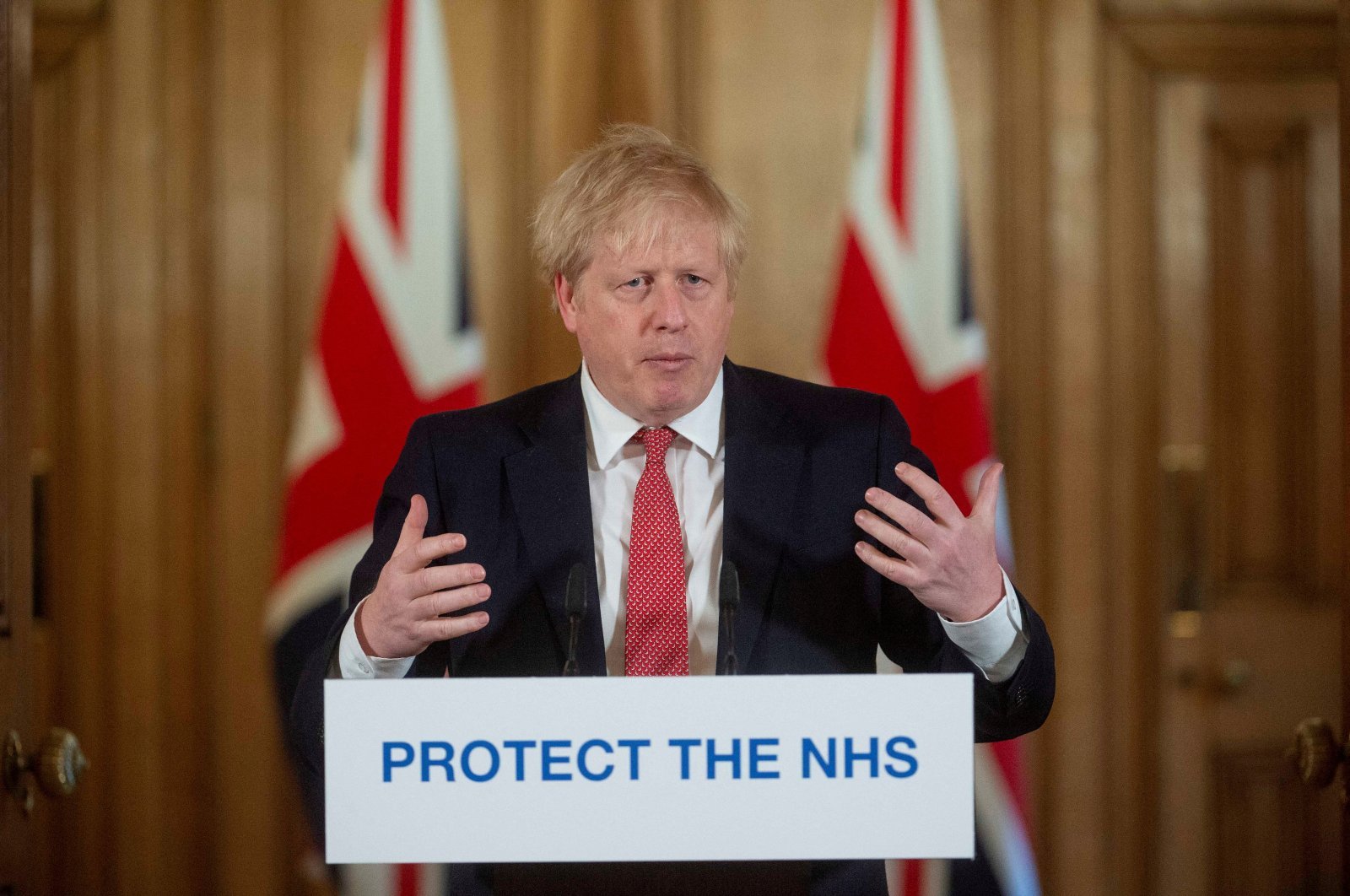News Flash
News Flash

LONDON, Nov 22, 2025 (BSS/AFP) - Britain's former prime minister Boris
Johnson slammed an inquiry report critical of his government's response to
the Covid-19 pandemic as "hopelessly incoherent" in a social media post
Saturday.
"More than three years after the end of the pandemic, they are still
wrangling about what went wrong," Johnson, 61, also wrote in an article for
the Daily Mail tabloid, days after the inquiry slammed his government for its
"chaotic" response to the global pandemic costing thousands of lives.
The inquiry led by retired senior judge Heather Hallett said Johnson's
government "lacked" urgency in the early days of the health emergency, and
that the first national lockdown came "too late".
The UK, which went into lockdown later than most other European countries,
suffered one of the worst Covid-19 death tolls in Europe, recording more than
128,500 fatalities by mid-July 2021.
UK families who lost their loved ones during the pandemic on Friday called
for all privileges given to Johnson as a former prime minister to be removed.
Covid-19 Bereaved Families for Justice UK accused Johnson of "one of the
gravest betrayals of the British public in modern history".
"I repeat that I remain full of regret for the things the government I led
got wrong and full of sympathy for all those who suffered -- whether from the
disease or from the steps we took to protect the population," Johnson wrote
in the article published late Friday.
"All I can say is that everyone involved was doing our level best, under
pretty difficult circumstances, to get it right and to save lives," added
Johnson, who commissioned the independent inquiry in 2021 when he was still
leader.
However, he criticised the second report published by the inquiry on Thursday
as "muddled" and "incoherent", including for its position on lockdowns as
being both devastating and necessary.
He also said it "failed" to answer two questions about the pandemic: "where
did the virus come from -- and were the lockdowns worth the terrible price we
paid?"
He added that imposing restrictions before the government did at the end of
March 2020, "would have been to contradict the scientific advice we were
getting."
"Namely that you had to make sure that you did not go too early because of
the risk of exhausting public patience with the restrictions," the former
leader wrote.